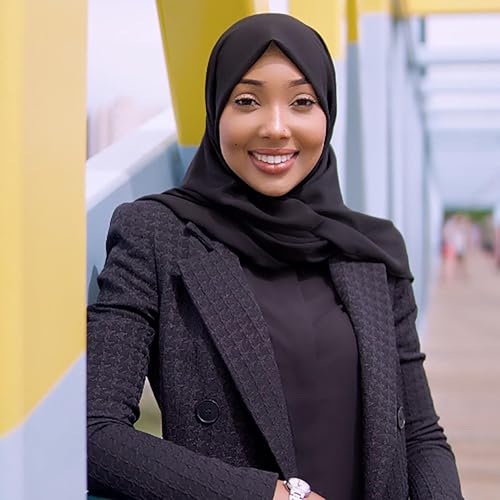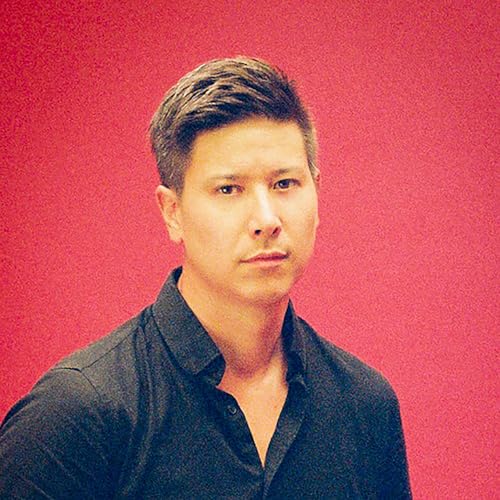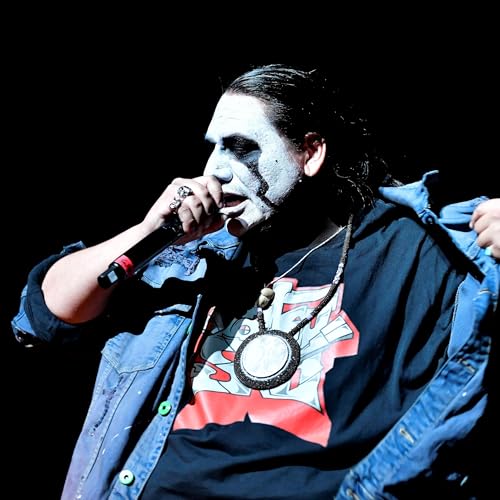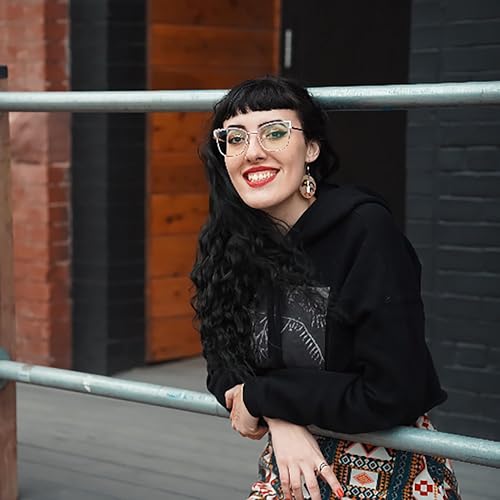Talon "Bazille" Ducheneaux, a multifaceted rap artist from the Cheyenne River Lakota and Crow Creek Dakota nations, shares his story in this episode of the Waterers. With a profound commitment to his community, Talon is the manager of the Wicahpi Olowan Music Program Recording Studio, where he fosters the talents of Indigenous artists through mentorship and collaboration. His musical oeuvre, which includes culturally infused rap albums, embodies themes of struggle, resilience, and perseverance, drawing from his rich cultural heritage. In our conversation, we talk of Talon's influences, his journey in sound design and music production, and his vision for empowering Native youth in the arts. This episode not only highlights Talon's artistic endeavors but also underscores the importance of community support and the legacy of mentorship within Indigenous cultures.
The Waterers Podcast serves as a profound platform that elevates the voices of individuals who are ardently committed to enacting community-driven change. Through insightful discussions, the Waterers podcast offers a unique lens into the narratives of those who have benefitted from the support of the Waterers, an organization that seeks to disrupt conventional philanthropy by championing local control and empowering BIPOC creatives and organizations. In this episode, we engage with Talon "Bazille" Ducheneaux, a multifaceted rap artist and sound designer hailing from the Cheyenne River Lakota and Crow Creek Dakota tribes. Talon’s work extends beyond music into the realms of sound design and community engagement, illustrating the transformative power of grassroots initiatives in shaping the cultural landscape of Native communities across the Midwest. His experiences and artistic endeavors exemplify the intersection of heritage, creativity, and activism, providing listeners with a rich tapestry of insights into the role of art in fostering resilience and identity within indigenous populations.
Takeaways:
The Waterers Podcast amplifies grassroots initiatives that drive community-led transformation across diverse regions.
Talon Bazille Ducheneaux's work blends traditional Dakota and Lakota heritage with contemporary rap and sound design.
Community support is vital for artists, enabling them to share their voices and narratives effectively.
Grassroots organizations empower Native youth through accessible art and technology, fostering creativity and expression.
Talon's personal journey illustrates the healing power of music and the importance of mentorship in the arts.
Collaborative projects highlight the significance of cultural representation in music and the arts, bridging generations and experiences.
Chapters:
00:14 - Introduction to the Waterers Podcast
00:50 - Introducing Talon Bazille Ducheneaux
30:40 - The Impact of Place on Creative Process
44:31 - The Role of Music in Healing and Community Empowerment
48:20 - Reflections on Time: Past, Present, and Future
Companies mentioned in this episode:
Waterers
First People's Fund
Playing for Change Foundation
Cornerstone Theater Company
Guthrie Theater
Dahl Art Center
Pennsylvania Academy for the Fine Arts
Native American Music Awards
Links referenced in this episode:
https://www.bazille.info/about
Https://www.waterers.org
elevenwarrioararts.com
 45 mins
45 mins 37 mins
37 mins 30 mins
30 mins 31 mins
31 mins 44 mins
44 mins 38 mins
38 mins 1 hr and 3 mins
1 hr and 3 mins 44 mins
44 mins
